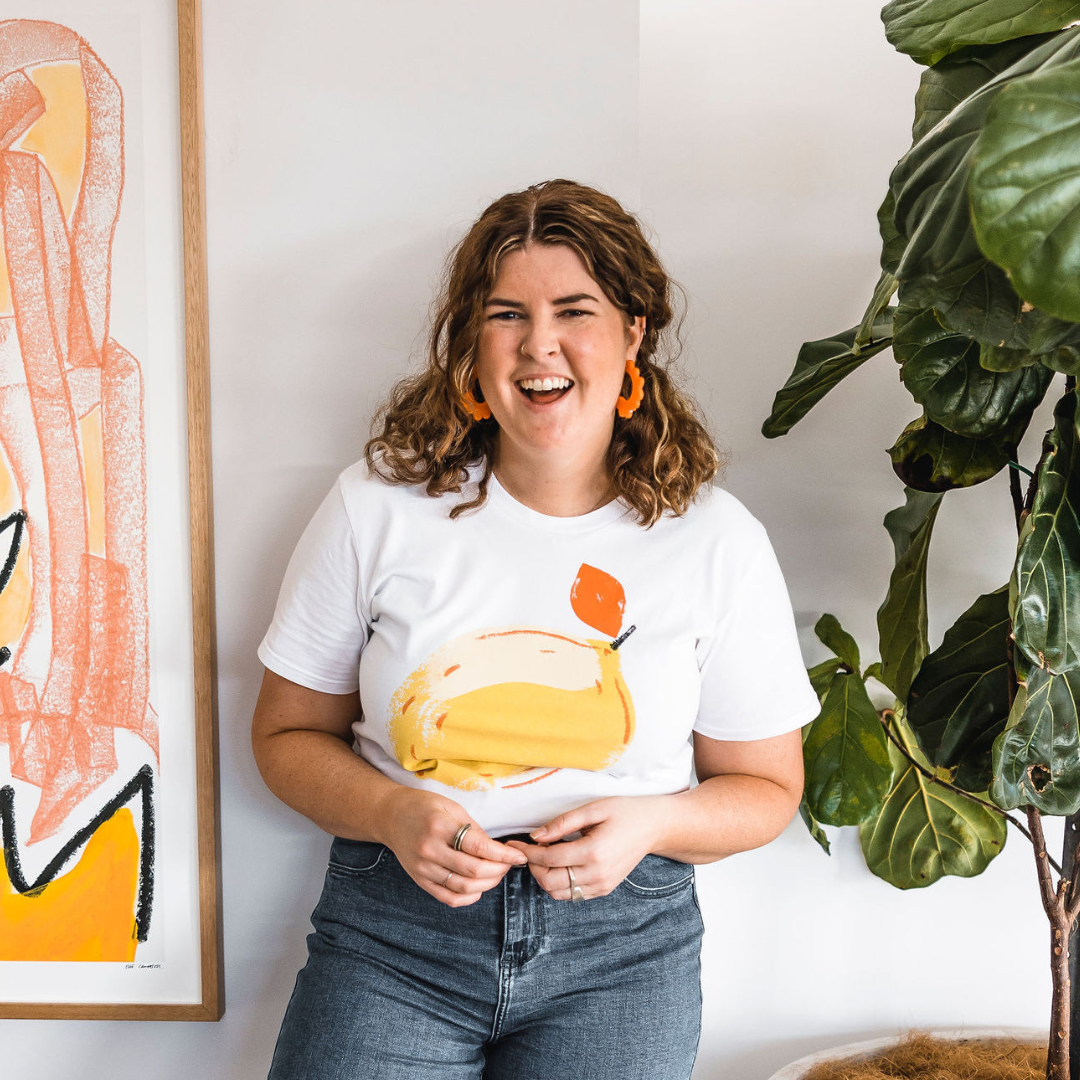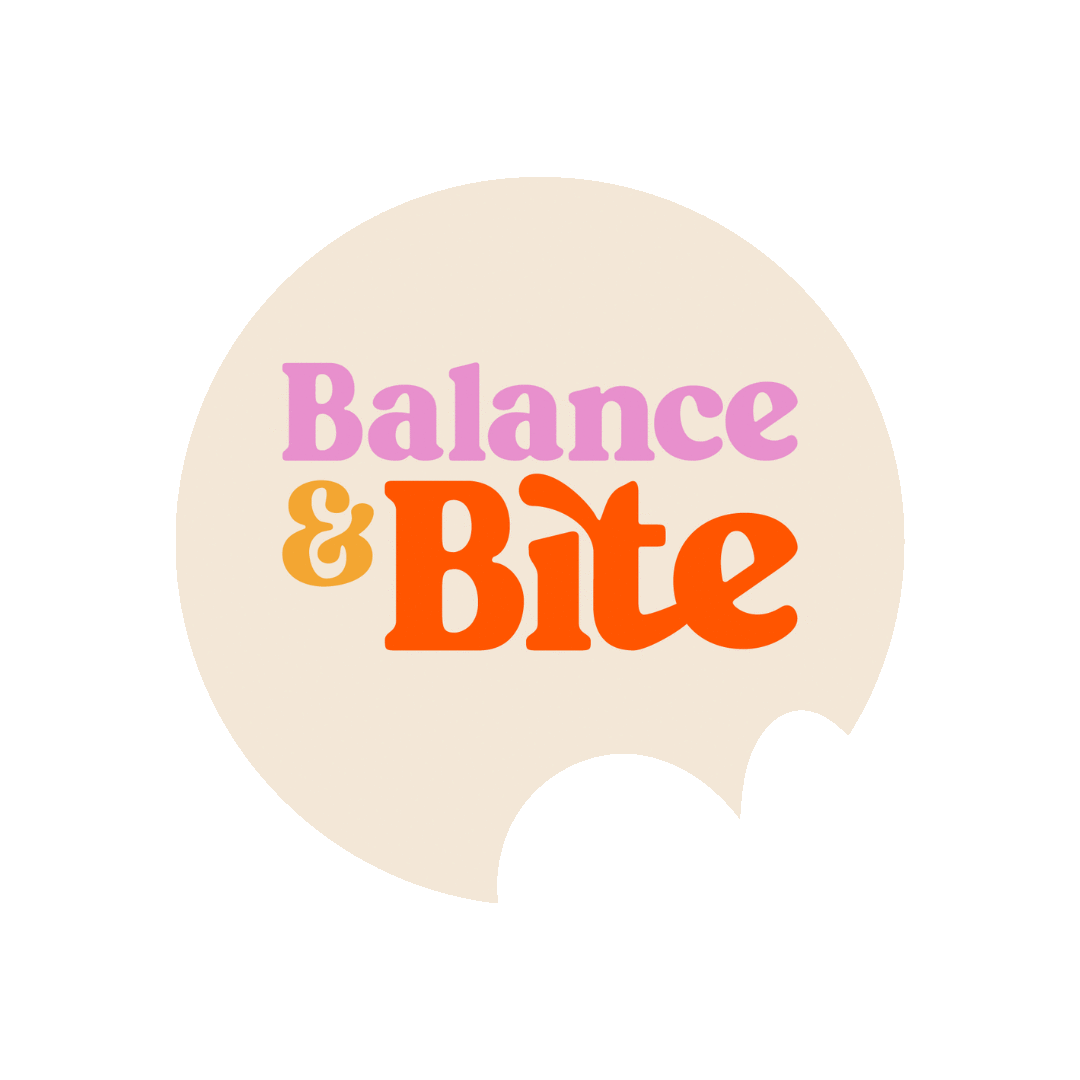Have you ever found yourself sitting alone, night after night, finishing an entire tub of ice cream or an entire block of chocolate, followed by feelings of guilt, shame or dread? You’re not alone, and despite what we’ve been taught, binge eating is not a result of lacking willpower. We have hundreds of studies helping dispel this myth (and many others) and helping us better understand why we binge eat. So if you’ve ever asked yourself, “Why do I binge eat”? use this article as a starting point to help you identify the possible triggers of *your* binge eating.
Why do we binge eat?
Experts believe the reason some people binge eat is likely a combination of factors, including genetics, family eating habits, emotions, ADHD and eating behaviours, such as skipping meals. It’s common for people to use food as a coping tool to soothe themselves or deal with difficult emotions.
Binge eating is a nuanced, multifaceted and incredibly misunderstood behaviour. Let me preface this by saying everyone will have unique reasons for binge eating. However, in saying that, there are four main drivers of binge eating, and they usually work together. For example, hunger and emotions may ignite our desire to eat, but our food rules and lack of emotional reserves drive the overeating.


1. Food Restriction (extreme hunger)
Imagine for a moment you’re underwater. You’re swimming towards the bottom of the ocean, holding your breath. Suddenly, you hit the bottom and push yourself up. As you burst to the surface, you take a deep and desperate gasp for air. While less dramatic, the same phenomenon of seeking equilibrium can be seen with hunger. If we skip breakfast or eat a small lunch (whether intentionally or unconsciously), we’re likely to feel ravenously hungry by afternoon tea. To subside the hunger quickly, we may grab whatever’s in front of us, eating it all until, all of a sudden, we feel uncomfortably full.
If you tend to binge eat in the afternoons and evenings, check in to see if you’re eating enough during the day. Do you need easy breakfast options you can eat on the go? Do you need convenient snacks to keep in your bag? Do you need to add more food to your lunch?
2. Self-care (or lack of)
In today’s busy world, we’re expected to be “on” 24/7. But this comes at a cost. If you’re burning the candle at both ends, your food intake may feel chaotic, mindless and sporadic, with a tendency to eat large volumes of food quickly when you remember or have the time. When we’re exhausted, our emotional resources quickly become depleted, making it hard to tune into our hunger and fullness signals.
If you notice yourself reaching for chocolate, lollies, chips, cake, muffins etc. regularly for a quick boost of energy, check in with yourself and see what areas of your self-care need attention. Are you working too much? Do you need help at home? Do you need a holiday? Do you need to reach out to a psychologist or counsellor for support?
3. To cope with emotions
Emotional regulation ties in closely with self-care, as our emotions can be heightened when we’re tired or run down. We know food gives a hit of dopamine, so reaching for food when we need a little pick-me-up is natural. But if your only tool for coping with difficult emotions is to turn to food frequently, it can become problematic. When we’re feeling stressed, angry, overwhelmed, anxious, lonely or bored, food is more than comfort; it’s a welcome distraction from uncomfortable negative emotions.
If you notice yourself reaching for large amounts of food to cope with emotions regularly, I encourage you to explore what might be causing these emotions. Can you sit with these emotions and ask yourself, “What do I really need”? Maybe you need to rest, or to talk to someone, perhaps you need to scream or need a hug.
4. Food rules
While all of the above reasons tend to ignite eating behaviour, the food rules or morality around food (e.g. this food = “good” and this food = “bad” – thanks to diet culture) tends to drive the overeating. When we put labels on food and view some foods as forbidden, we may find ourselves wanting these more. And when we do have them, we might feel “out of control” around them. If we have rules around food, whether around specific foods or times to eat/not eat, when we break these “rules”, we’re more likely to think, “What the hell I’ve eaten it now, I might as well keep eating”. Often feelings of guilt arise too, which can create a cycle, e.g. “I feel bad for eating this food, but the food makes me feel better, so I’ll keep eating”.
If you notice this “what the hell”, thinking arises when you eat a “forbidden” food, I invite you to start exploring your specific food rules or how you view certain foods. Do you believe some foods are good and others bad? Do you have specific times you’re “allowed” to eat?


How to stop binge eating?
While it can be helpful to have more awareness around what is driving your binge eating behaviours, if you’re looking for more information, check out our recent article, how to stop binge eating for tips and strategies.
The most important thing to remember is to find self-compassion and get curious. Binge eating affects millions of Australians and can be confronting to unpack your specific causes or triggers.
This can be especially difficult to do alone or if you’ve been relying on binge eating to feel better for a long time. Whatever your specific situation or binge eating looks like, it’s not your fault; it’s normal, and you don’t have to overcome it alone.
Binge eating support
Get in touch if you’re looking for binge eating support to reclaim control over food and repair your relationship with food. At Balance and Bite, we specialise in supporting clients to overcome binge eating to help them regain control of food.


Erin’s an Accredited Practising Dietitian & Certified Intuitive Eating Counsellor. She uses a non-diet approach and weight-inclusive care to help her clients reclaim a healthy relationship with food and their bodies free of guilt, shame and restriction.









View comments
+ Leave a comment